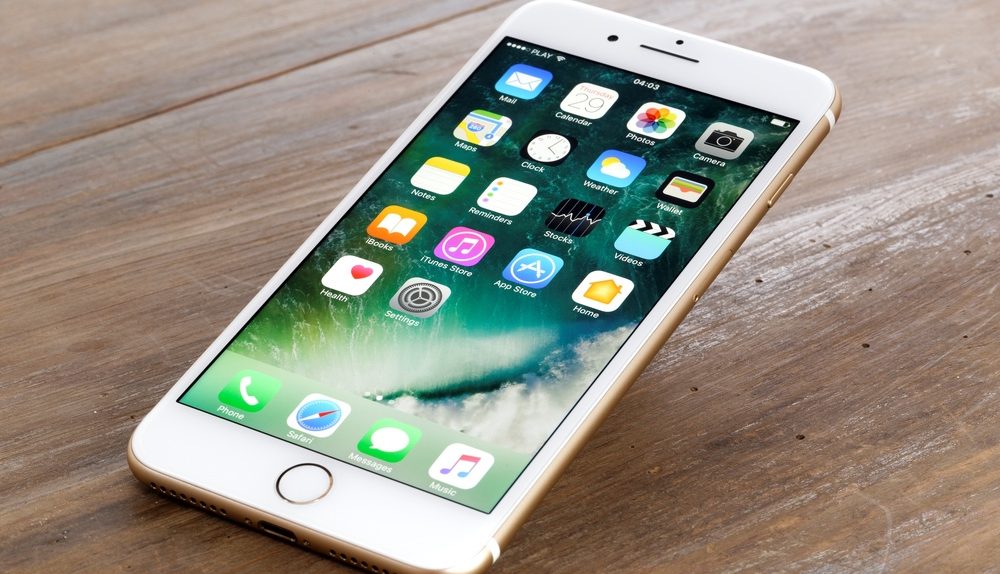Last week, Apple admitted that it throttles CPU performance on iPhone models with lower-capacity batteries, all in the interest of conserving battery life and, above all, preventing unexpected shutdowns. As Apple noted in a brief statement on the matter: “Lithium-ion batteries become less capable of supplying peak current demands when in cold conditions, have a low battery charge or as they age over time, which can result in the device unexpectedly shutting down to protect its electronic components.”
Not surprisingly, Apple has since been hit with a wave of class-action lawsuits, with the underlying allegation being that Apple has a pattern of introducing iOS updates that purposefully limit performance as to compel iPhone owners to shell out money for new devices. But while allegations that Apple engages in planned obsolescence are nothing new, engaging in such behavior in France is actually considered a crime. As a result, a Paris-based activist group called HOP has gone so far as to actually file a criminal lawsuit against Apple, making jail for Apple execs an actual possibility.
“Apple has put in place a global strategy of programmed obsolescence in order to boost its sales” of new iPhones,” the group said in a statement first noticed by The Local. “Everything is organised to force consumers to renew their smartphones… these practices are unacceptable and can not go unpunished. It is our mission to defend consumers and the environment against this waste organized by Apple “
As for potential penalties, the law in France holds that the punishment for planned obsolescence is a fine of 300,000 euros, 5% of annual sales, and a maximum prison sentence of two years in prison. It’s worth noting that the law is geared towards French manufacturers, which is to say that the odds of Apple executives actually winding up in prison are zero. French law can be thorny, though, as evidenced by Uber executives in France who faced jail time a few years back before prosecutors ultimately decided to seek a fine as opposed to a prison sentence.








